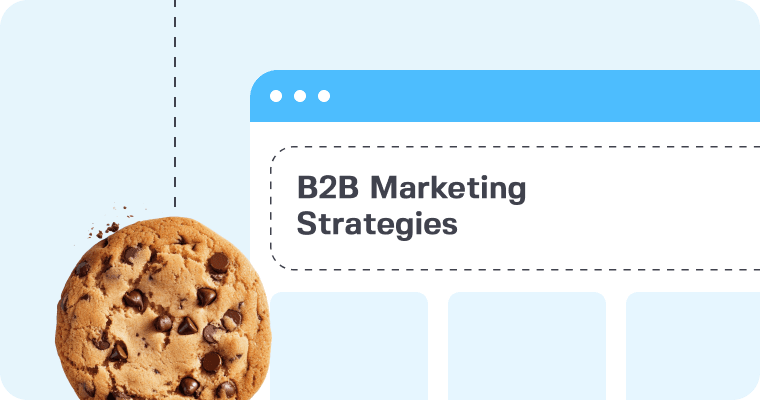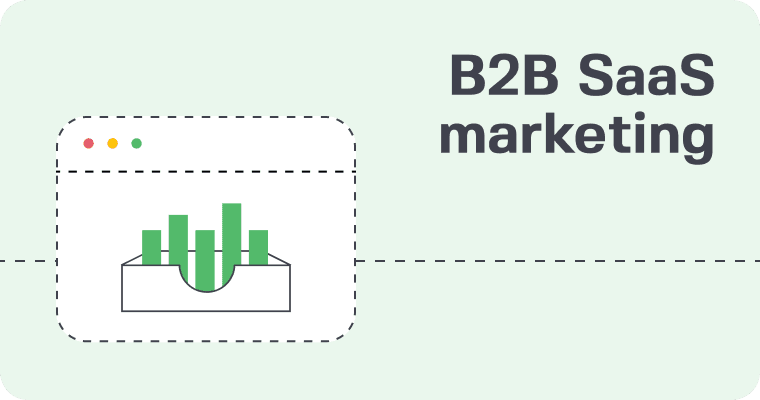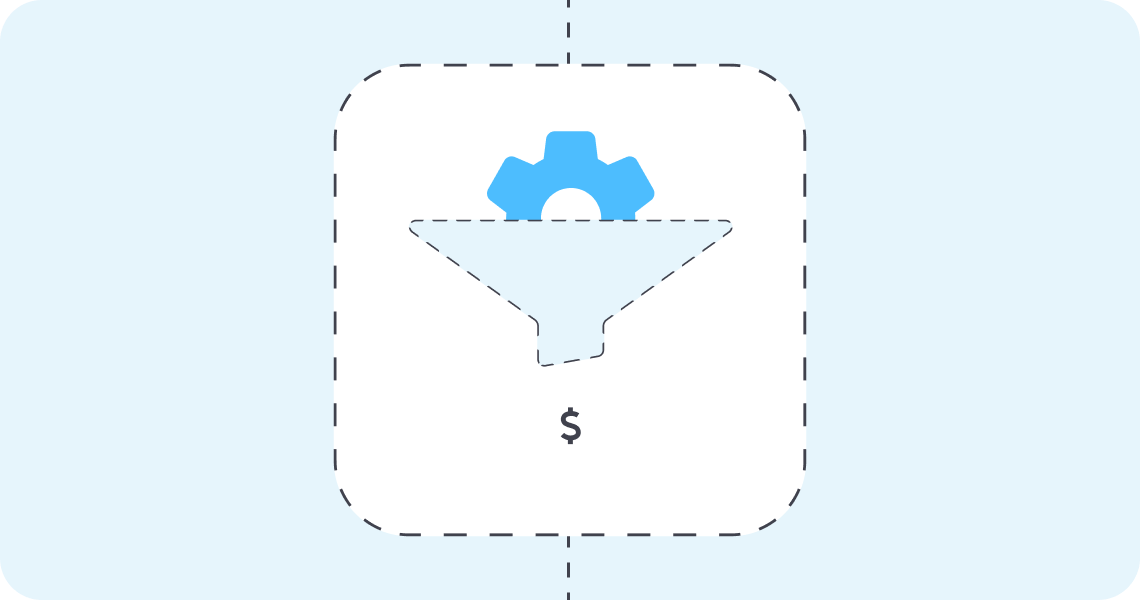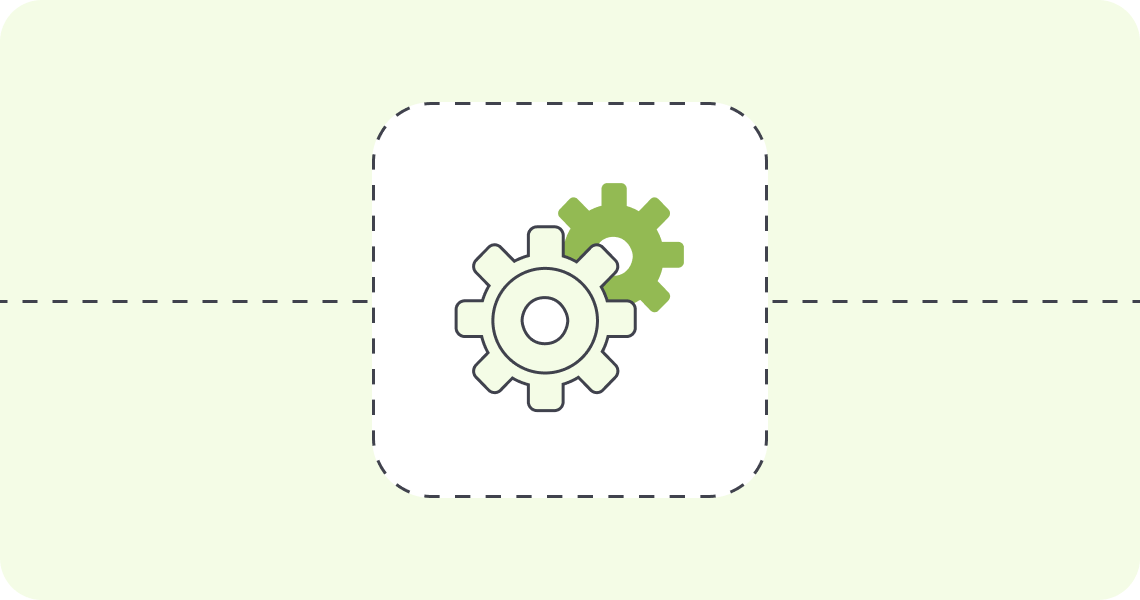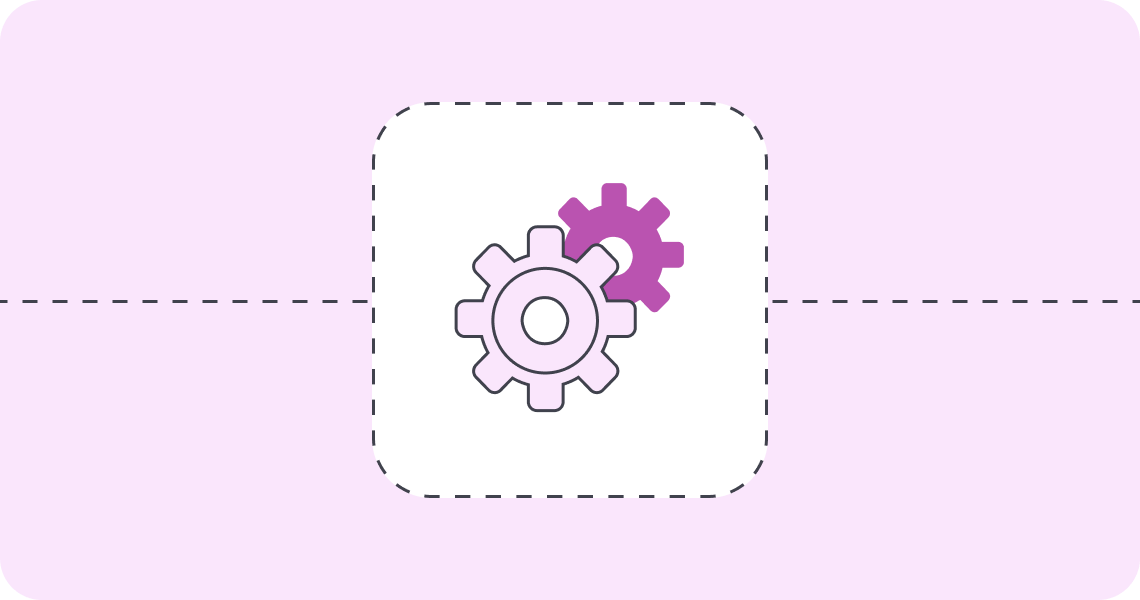For large enterprises, effectively managing a large volume of content is a must. Enterprise Content Management (ECM) offers a crucial solution by transforming the way businesses organize, access, and secure their digital assets.
More than just managing content, ECM serves as a strategic tool to improve decision-making, ensure compliance, and foster innovation. Dive deep into exploring Enterprise Content Management solutions now that will strengthen your enterprise marketing strategy.
What is Enterprise Content Management, and Why Is It Important?
Enterprise Content Management system represents the backbone of modern organizational efficiency. It’s the collective term for the strategies, methods, and tools that manage the complete lifecycle of content within a business. From capturing and storing to preserving and delivering, ECM solutions ensure that your company’s content—whether it be documents, emails, or digital assets—is organized, accessible, and secure.
Why ECM Is Vital for Organizational Success
Large enterprises navigate a complex environment where the sheer volume of content can be overwhelming. The role of ECM in such organizations goes beyond mere content management—it’s about leveraging content as a strategic asset. Here’s why ECM is critical for enterprises:
- Compliance and Risk Management: At the enterprise level, the stakes for compliance and data security are high. ECM plays a vital role in safeguarding sensitive information, meeting legal and regulatory requirements, and ensuring the integrity of vast content repositories. This is crucial for avoiding legal penalties, financial losses, and reputational damage.
- Informed Decision Making: The ability to access relevant and up-to-date information is a game-changer for enterprise leaders. ECM facilitates this by organizing content in a way that it can be easily retrieved and utilized, supporting leaders in making swift, informed decisions that drive business success.
- Operational Efficiency: For enterprises, the efficiency of content management directly impacts overall operational efficiency. ECM solutions streamline content-related processes, from creation to archiving, reducing manual efforts and bottlenecks. This efficiency is key to maintaining agility and responsiveness in the market.
- Collaboration Across Scale: As enterprises grow, ensuring effective communication and collaboration across geographically dispersed teams and departments becomes challenging. ECM addresses this by providing a centralized platform for content, supporting seamless collaboration and knowledge sharing across the organization.
- Innovation and Competitive Edge: By freeing up resources that would otherwise be spent on managing content manually, ECM enables teams to focus on innovation and strategic initiatives. This focus is essential for staying ahead in competitive industries, where the ability to quickly adapt and innovate can determine market leadership.
Key Components and Objectives of ECM
ECM solutions are multifaceted, covering a broad spectrum of functionalities. Here’s a breakdown:
- Capture: This involves collecting content from various sources and converting it into a manageable form.
- Manage: At this stage, content is categorized, indexed, and processed to add value and utility.
- Store: Short-term storage solutions keep content for immediate use.
- Preserve: Long-term preservation strategies protect important content for future access and compliance.
- Deliver: Ensuring the right people have access to the right content at the right time.


Optimizing Workflow Efficiency with ECM Solutions
At the heart of ECM’s impact on workflows is automation. By automating routine tasks, ECM solutions free up your team’s time to focus on higher-value activities that require human insight and creativity. Imagine a world where content approval processes, document routing, and even compliance checks are handled automatically by your ECM system. This reallocates your most a valuable resource—your team’s focus and expertise—toward strategic initiatives that drive growth.
Manual processes are often the bottleneck in otherwise streamlined operations. ECM solutions address this by providing tools that manage document lifecycles, from creation and approval to archiving, without the need for constant manual intervention.
For marketers, this could mean an automated workflow that ensures all content goes through a standardized review process before publication, significantly reducing the time from concept to market and eliminating the delays caused by manual handoffs.
Errors and non-compliance can be costly, both financially and in terms of brand reputation. ECM solutions mitigate these risks by embedding compliance checks into automated workflows and ensuring that only the most current, approved versions of documents are in circulation.


This accuracy is particularly crucial in industries where regulatory compliance is a constant concern, allowing marketers to focus on creativity and strategy, secure in the knowledge that their operational backbone is solid and compliant.
ECM solutions also streamline collaboration by providing a central repository for all content-related projects, where updates are tracked in real-time, and version control is automatic. This collaborative environment ensures that team members are always working with the most up-to-date information, reducing duplication of effort and improving the quality of the output.
For cross-functional projects, where marketing, sales, product development, and other departments need to work closely, this seamless collaboration can significantly speed up project timelines and improve outcomes.
Finally, the analytics capabilities of ECM solutions offer insights into workflow efficiency, content performance, and team productivity. This data-driven approach allows managers to identify bottlenecks, assess the effectiveness of different content types, and make informed decisions about resource allocation and strategic priorities.
Implementing Enterprise Content Management: Best Practices for Seamless Integration
Implementing ECM in a large enterprise requires careful planning and execution. Here are some best practices to ensure successful integration and maximization of ECM benefits:
- Comprehensive Needs Assessment: Start with a detailed analysis of your current content management challenges, processes, and future needs. This assessment will guide the selection of an ECM solution that best fits your organizational requirements.
- Stakeholder Engagement: Engage stakeholders from various departments early in the process. Their insights will be invaluable in understanding diverse needs and ensuring the ECM solution supports cross-functional processes.
- Change Management: Implement a structured change management plan to ease the transition. This includes communicating the benefits of the ECM system, providing comprehensive training, and establishing support channels for users.
- Data Migration Strategy: Develop a clear strategy for migrating existing content to the new ECM system. This includes cleaning up redundant or outdated content and ensuring a smooth transfer process that maintains data integrity.
- Ongoing Evaluation and Optimization: Once implemented, continuously monitor the ECM system’s performance against set objectives. Use feedback and analytics to make necessary adjustments, optimizing the system for better efficiency and user satisfaction.
Enterprise Content Management Software Integration Framework
To ensure seamless integration and maximize the benefits of enterprise content management software, follow this comprehensive, practical framework:
1. Conduct a Comprehensive Needs Analysis
- Audit existing content
- Identify stakeholder needs
- Define objectives
2. Choose the Right ECM Solution
- Look for the feature match
- Assess vendors
- Do pilot testing
3. Plan for Change Management
- Develop a comprehensive communication plan
- Design training program
- Establish feedback mechanisms
4. Monitor and Adapt
- Set key performance indicators (KPIs)
- Schedule regular reviews
- Use insights for continuous improvement.
5. Leverage Advanced ECM Features
- Integration capabilities with other systems and platforms
- AI and Machine Learning for auto-tagging, content analytics, and predictive search
- Ensure ECM includes security and compliance tools
The Difference Between ECM System, Software, and Solutions
While often used interchangeably, these terms have distinct meanings. An ECM system refers to the overarching strategies and practices for managing content, ECM software is the tool or platform that facilitates these strategies, and ECM solutions are the specific implementations designed to meet particular organizational needs.
Top Enterprise Content Management Tools
Let’s explore some of the most highly regarded enterprise content management vendors in the industry:
1. Microsoft SharePoint
A titan in the ECM space, SharePoint is renowned for its versatility, extensive integration capabilities with the Microsoft ecosystem, and robust content management functionalities.
- Key Features: Advanced search, collaboration tools, document management, and strong security features. SharePoint excels in facilitating team collaboration and document sharing within and outside an organization.
- Best For: Organizations already using Microsoft products, looking for a seamless integration and a comprehensive platform for collaboration and document management.
2. IBM FileNet
IBM enterprise content management FileNet stands out for its sophisticated content management capabilities, particularly in handling complex processes and compliance requirements.
- Key Features: High-volume content management, advanced case management capabilities, and extensive integration options. It also offers powerful analytics tools to derive insights from content.
- Best For: Large enterprises with complex content management needs and those in regulated industries requiring rigorous content lifecycle management.
3. Hyland OnBase
OnBase by Hyland offers a flexible and scalable ECM solution that supports organizations in efficiently managing content, processes, and cases.
- Key Features: Document capture and imaging, case management, and workflow automation. OnBase is notable for its user-friendly interface and customizable nature.
- Best For: Organizations seeking a highly customizable ECM solution that can adapt to various departmental needs and scale with growth.
4. OpenText Content Suite
OpenText Content Suite is a comprehensive ECM solution designed to facilitate efficient information governance and streamline access to company content.
- Key Features: Robust archiving, records management, document management, and integrated content analytics. Its strength lies in information governance and ensuring compliance.
- Best For: Enterprises focused on information governance and looking for an ECM solution that offers deep control over content lifecycle management.
5. Dokmee
Dokmee stands as a cost-effective ECM solution that offers an intuitive way to organize, secure, and manage documents.
- Key Features: Document management, secure file sharing, workflow automation, and electronic forms. It’s designed to be adaptable to small to medium-sized businesses.
- Best For: Small to medium-sized businesses in need of an affordable, user-friendly ECM system for document management and process automation.
6. M-Files
M-Files distinguishes itself with its unique metadata-based approach to managing documents and information, making content retrieval exceptionally efficient.
- Key Features: Intelligent metadata layer, automated workflow, and version control. It offers seamless integration with various business platforms and a user-friendly experience.
- Best For: Organizations looking for a modern ECM solution that provides fast access to documents through metadata and wants to automate document-driven processes.
7. Laserfiche
Laserfiche offers a powerful suite of content management, business process automation, and record management capabilities.
- Key Features: Document management, electronic forms, workflow automation, and records management. It’s recognized for its strong compliance and audit trail features.
- Best For: Organizations that require a strong emphasis on records management and are looking to digitalize and automate business processes.
8. DocuWare
DocuWare provides cloud and on-premises document management and workflow automation solutions designed for businesses of all sizes.
- Key Features: Cloud document management, workflow automation, electronic signatures, and form management. It offers a flexible and scalable approach to ECM.
- Best For: Small to large organizations looking for a versatile ECM solution that can support both cloud and on-premises deployments.
9. Alfresco
Alfresco is an open-source platform known for its flexibility, offering robust content, process, and governance services.
- Key Features: Open-source model, content and process services, and a strong focus on collaboration and integration capabilities.
- Best For: Organizations looking for a customizable open-source ECM solution that can be tailored to specific business needs and integrates well with other systems.
10. Contentful
Contentful stands out as a headless CMS platform that enables developers and marketers to collaborate on creating, managing, and publishing content across digital channels.
- Key Features: API-first approach, headless content management, and seamless integration with modern development frameworks.
- Best For: Organizations with a strong digital presence looking to manage content across multiple platforms and devices efficiently through a headless CMS.
Selecting the right ECM system is a strategic decision that should align with your organizational needs, technical environment, and long-term goals. Whether you prioritize seamless integration, flexibility, compliance, or innovation, there’s an ECM solution designed to meet those needs.
Dive into each option, assess its alignment with your requirements, and choose a partner that will propel your enterprise content management strategy and operational efficiency to new heights.




